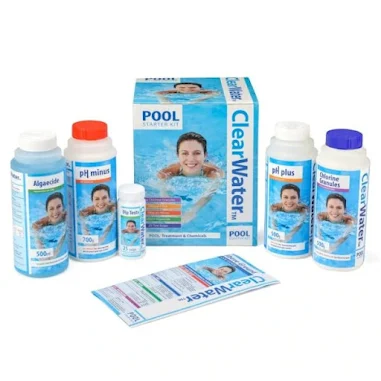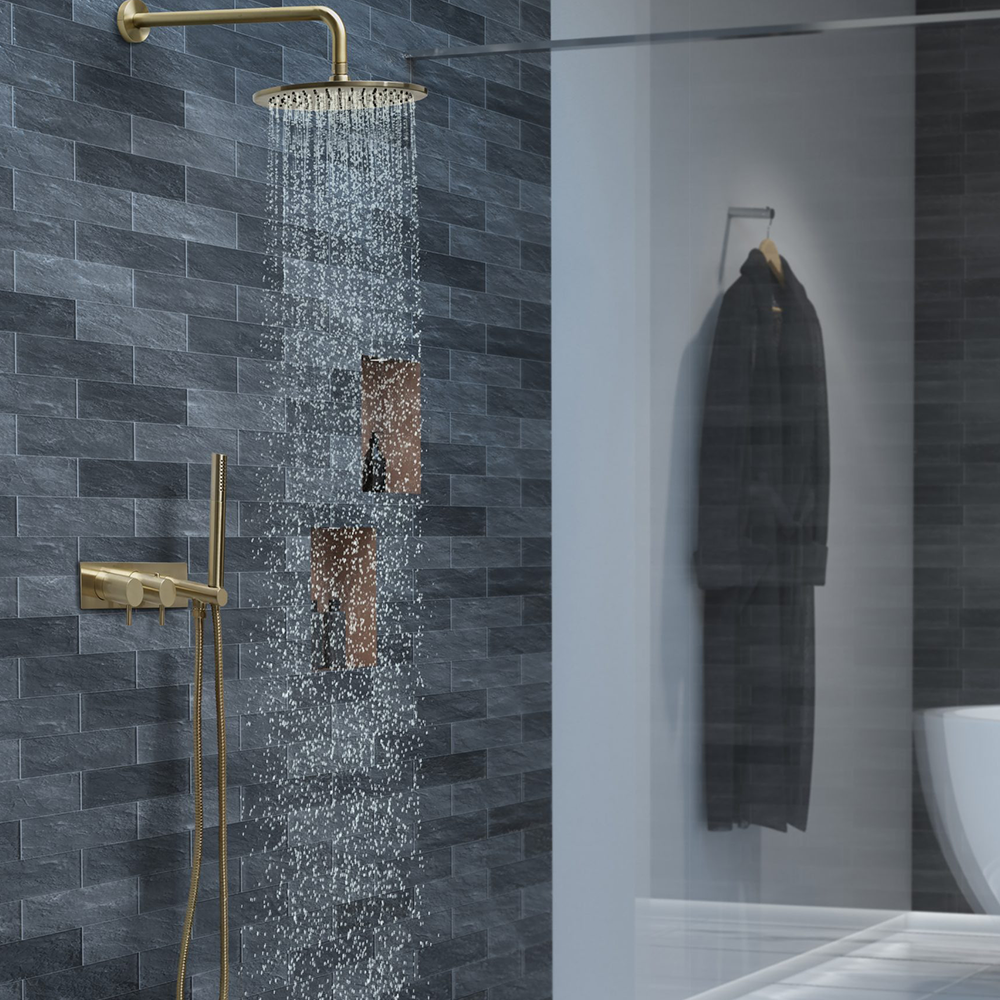With regards to pool synthetic substances and neatness, Chlorine is by a wide margin the most famous decision for above ground pools with decks, on ground pools, semi inground pools, or even wells. The thing about chlorine is that it comes in many sorts, shapes, and fixations; so many that it turns out to be basically overpowering for new or experienced pool proprietors. We will cover many structures and kinds of chlorine to assist with providing you with a thought of what you really want.
The ideal convergence of Chlorine in your pool is 1.0 ppm (parts per million). The best items are slow delivery types that are settled or shielded from daylight debasement.Tablets and sticks are two very well known shapes with regard to the ordinary use of chlorine. There is no contrast between the two other than the shape; be that as it may, the shape can affect its utilization. The climate you get the chlorine tablets or sticks truly relies upon what distributor you have in your above ground pool. It is likewise significant that there are little 1-inch scaled down tablets that are ideally suited for quick dissolving needs. The scaled down tablets are most generally utilized in enormous pools and chlorinated spas.
What sort of chlorine for your above ground pool?
Fluid chlorine is in many cases utilized in huge business pools and is conveyed into enormous 50-gallon tanks. This chlorine organization shows its fundamentally profoundly focused dye. This is the sort of thing that is possibly suggested for use assuming you know what you are doing as it requires a metered steady trickle.
Granular chlorine or "shock" is normally utilized for super chlorination or "stunning" your pool. This type of chlorine is costly and is consumed rapidly. The reason for this item is to disintegrate and kill quickly, then vanish. It permits you to tidy up a wreck and swim securely soon after. Involving this as your day to day chlorination item isn't awesome though as it will deplete your assets rapidly.
Chlorine Shock Products
These items have fewer choices in the event that you are searching for whatever might be most ideal. The vitally two above ground pool shock types are Cal-Hypo Pool Shock and Super Pool Shock. Cal Hypo treats 10,000 gallons for each pound and ought to be pre-broken down in a container of water prior to adding it to your pool. Super Pool Shock is a more focused type of Cal-Hypo Shock. It is somewhat more costly and requires a smidgen more work to utilize. Cal-Hypo is the lean toward type as a result of expenses and convenience.
The last kind of shock is a Non-Chlorine pool Shock. This contains no chlorine and can be utilized in chlorine and bromine above ground pools. This item consumes utilized and dead chlorines to permit free chlorine to work.
There are numerous different kinds of Chlorine and generally, which you use relies upon your above ground pool arrangement. Ensure that when you are looking to actually take a look at the fixings. Chlorine creation is an exceptionally directed process and generally, the costly brands are essentially enveloped with plastic with a greater cost tag. Assuming that you have questions or are searching for the right answer for you contact a pool store in Michigan or locally to your home.
Maintaining Skin Health: Why Showering After Chlorine Pool Exposure is Essential
After enjoying a refreshing dip in your pool, it's essential to understand the importance of taking a shower to rinse off the chlorine and other pool chemicals from your skin. Here's why:
1. Chemical Removal : Chlorine is a powerful disinfectant used to keep pool water clean and safe. However, it can also strip your skin and hair of their natural oils, leaving them dry and prone to damage. Showering immediately after swimming helps to wash away residual chlorine and other pool chemicals, reducing the risk of skin irritation and dryness.
2. Skin Health : Chlorine can irritate sensitive skin and exacerbate conditions like eczema and dermatitis. By showering after swimming, you can minimize the risk of skin reactions and maintain the health of your skin. Additionally, removing chlorine from your skin can prevent it from reacting with sunlight to form harmful compounds that can damage skin cells.
3. Hair Care : Chlorine can also wreak havoc on your hair, leaving it dry, brittle, and prone to breakage. Showering and shampooing after swimming can help to remove chlorine residue from your hair, preventing it from becoming dull and damaged. It's especially important for swimmers with color-treated hair, as chlorine can cause fading and discoloration.
4. Respiratory Health : Chlorine fumes released from pool water can irritate the respiratory system, leading to coughing, wheezing, and shortness of breath, particularly in individuals with asthma or allergies. Showering after swimming can help to wash away chlorine residue from your skin and hair, reducing the risk of inhaling chlorine vapors and alleviating respiratory symptoms.
5. Hygiene : Swimming pools can harbor bacteria, algae, and other microorganisms that can cause infections and illnesses if ingested or absorbed through the skin. Showering before and after swimming helps to maintain good personal hygiene by removing dirt, sweat, and bacteria from your body, reducing the risk of infection and illness for yourself and others.
6. Preventive Measure : Taking a shower after swimming is a simple yet effective preventive measure to protect your health and well-being. It's a small step that can make a big difference in reducing the potential negative effects of chlorine exposure and promoting overall hygiene and comfort.
In conclusion, showering after swimming is an essential part of post-pool hygiene. It helps to remove chlorine and other pool chemicals from your skin and hair, maintains skin and hair health, reduces the risk of respiratory irritation, promotes good hygiene, and serves as a preventive measure against potential health issues. So, make it a habit to rinse off after every swim to keep yourself feeling clean, refreshed, and healthy.


No comments:
Post a Comment